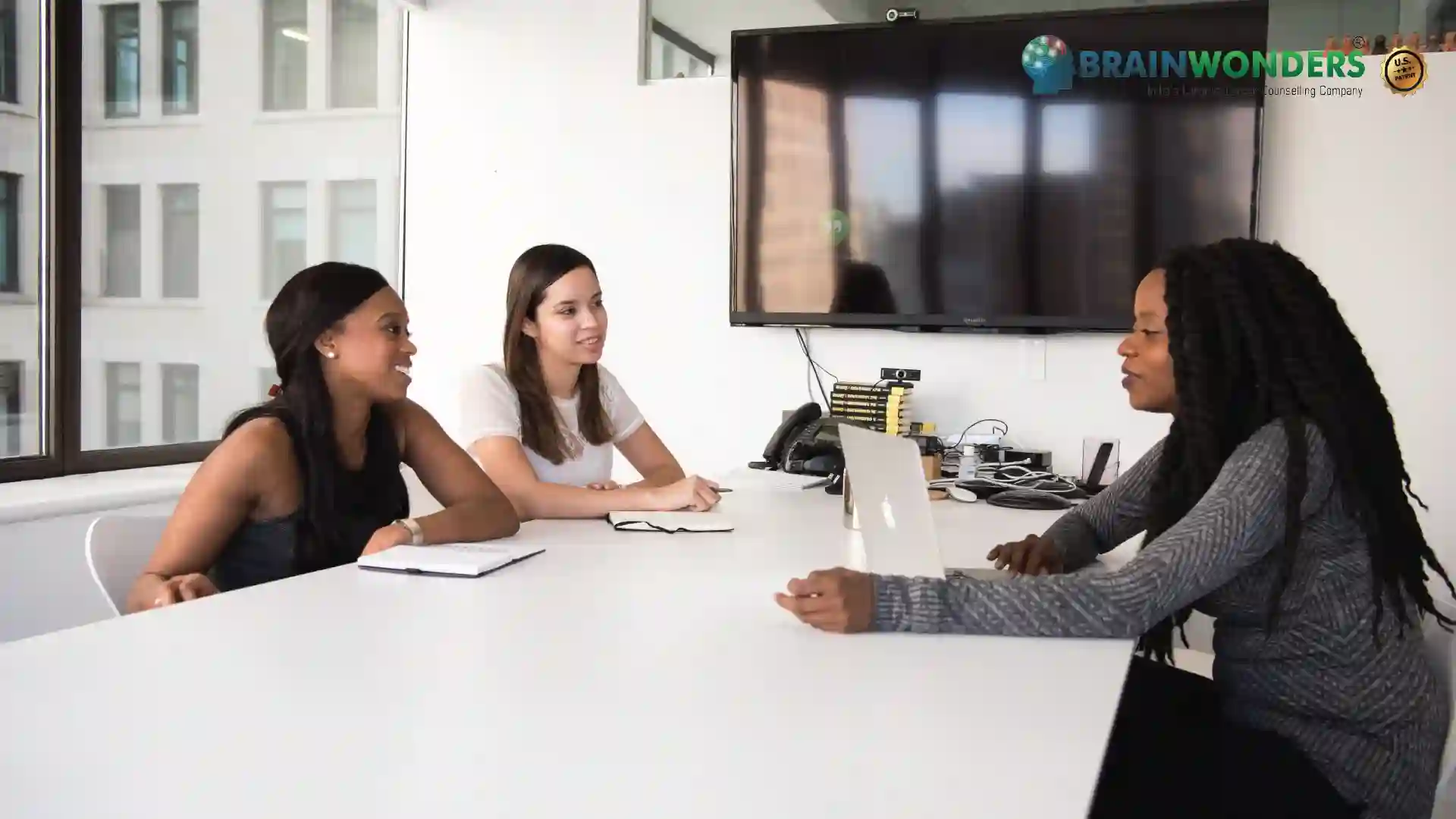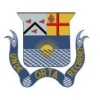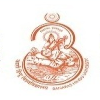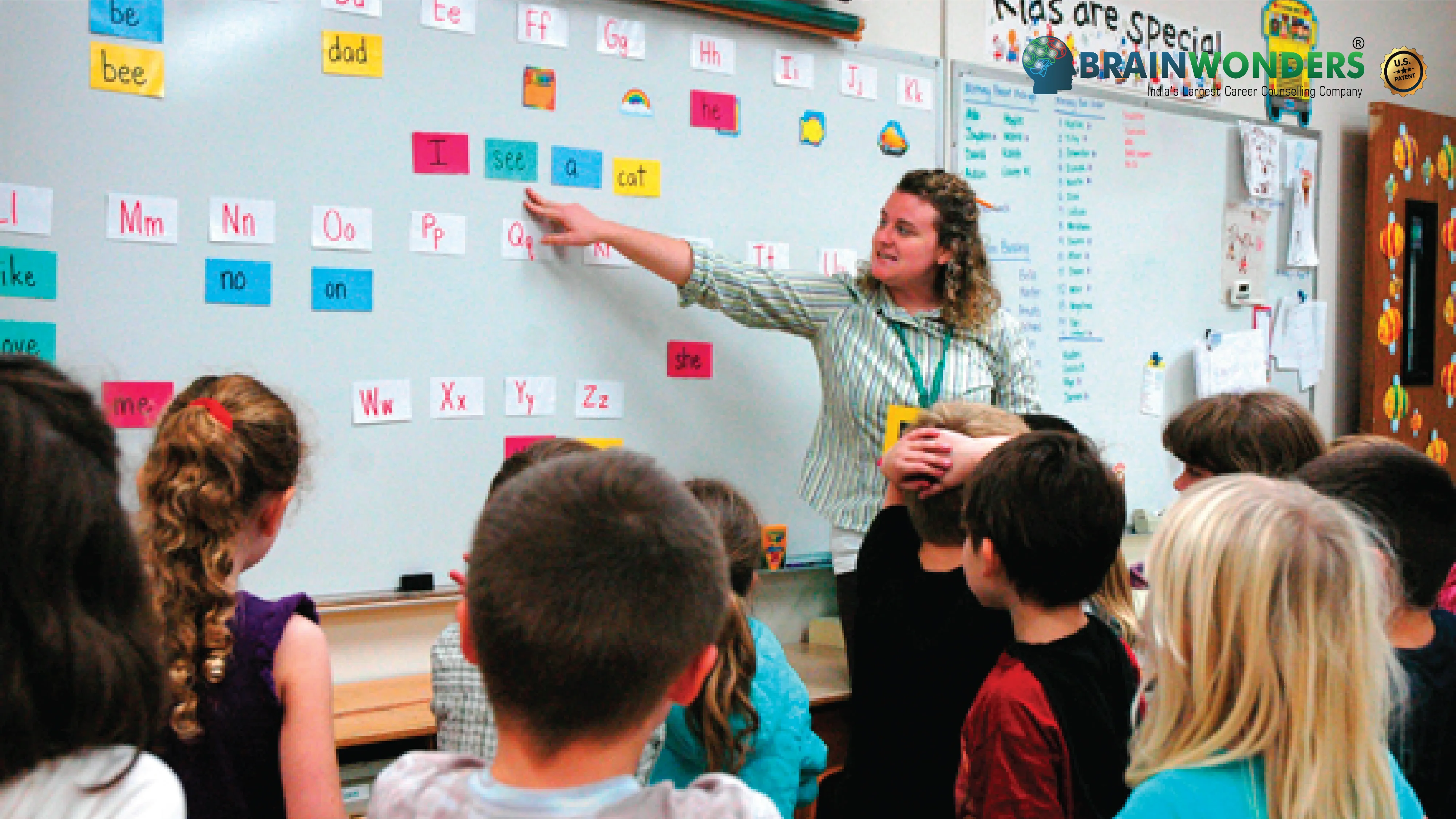How to become a Career Counsellor
Overview, Courses, Exam, Colleges, Pathways, Salary

Overview
Who is Career Counsellor ?
A career counsellor provides guidance, support, and resources to individuals in their career development process. They help individuals explore their interests, skills, values, and personality traits to make informed decisions about their career paths. Career counsellors offer assessments, interviews, and discussions to assist individuals in gaining self-awareness and identifying suitable career options. They provide information about occupations, educational pathways, and job market trends. Additionally, career counsellors help individuals set goals, create career plans, and develop strategies for achieving them. They may offer resume writing, interview preparation, and job search assistance. Career counsellors empower individuals to make fulfilling career choices and successfully navigate their professional journeys.
Typical day at work
What does Career Counsellor do?
- Assessing individuals: Career counsellors assess individuals' interests, skills, values, and personality traits through interviews, questionnaires, and assessments to gain insights into their strengths, preferences, and career goals.
- Providing career guidance: Career counsellors offer guidance and information about different career options, educational pathways, and job market trends. They help individuals explore and evaluate potential career paths that align with their interests and abilities.
- Setting career goals: Career counsellors work with individuals to set realistic and achievable career goals based on their aspirations, skills, and career prospects. They assist in creating action plans to reach those goals, identifying necessary steps and resources.
- Offering job search support: Career counsellors assist in job search strategies, including resume writing, interview preparation, and networking. They help individuals present themselves effectively and navigate the job market.
- Providing career development resources: Career counsellors offer resources such as career literature, online tools, and educational materials to support individuals in their career exploration and skill development.
- Supporting career transitions: Career counsellors assist individuals in career transitions, whether it involves changing industries, pursuing further education, or transitioning from education to the workforce. They help individuals assess transferable skills and develop strategies for a successful transition.
- Conducting workshops and seminars: Career counsellors organize workshops, seminars, and career fairs to provide information about various industries, job search techniques, and professional development opportunities.
- Offering personal support: Career counsellors provide a supportive and non-judgmental environment for individuals to express their concerns, fears, and uncertainties regarding their career decisions. They offer emotional support and guidance throughout the career development process.
Abilities and Aptitude needed
What are the skills, abilities & aptitude needed to become Career Counsellor?
- Empathy and Active Listening: A career counsellor should possess the ability to understand and connect with others' emotions and experiences. Active listening skills are crucial to attentively and non-judgmentally understanding clients' concerns and perspectives.
- Communication Skills: Strong verbal and written communication skills enable career counsellors to convey information, ask relevant questions, and provide guidance effectively. They should be able to express ideas clearly and tailor their communication to the needs of diverse individuals.
- Counselling and Interpersonal Skills: Counselling skills, including rapport-building, empathy, and creating a safe and non-judgmental environment, are vital. Interpersonal skills enable career counsellors to establish trusting client relationships and effectively navigate challenging conversations.
- Assessment and Evaluation: Proficiency in administering and interpreting career assessments and tools is valuable. Career counsellors should be skilled in analyzing assessment results and providing meaningful insights to help individuals explore their interests, skills, values, and personality traits.
- Problem-solving and Decision-making: Career counsellors assist individuals in making informed career decisions and resolving challenges. They should possess strong problem-solving skills to help clients evaluate options, identify solutions, and navigate obstacles effectively.
- Career Knowledge: Career counsellors should have a broad understanding of various career paths, industries, educational programs, and job market trends. They should continuously update their knowledge to provide accurate and relevant information to clients.
- Cultural Competence: Cultural competence involves understanding diverse cultural backgrounds, norms, and values. Career counsellors should be sensitive to cultural differences, embrace diversity, and provide inclusive guidance to individuals from various backgrounds.
- Ethical Conduct: Career counsellors must adhere to ethical guidelines and professional standards. They should maintain confidentiality, respect client privacy, and prioritize their clients' well-being and best interests in all aspects of their work.
Pathways
How to become an Career Counsellor?
Entrance Exam
Entrance Exam for Career Counsellor ?
Courses
Which course I can pursue?
Best Colleges
Which are the best colleges to attend to become an Career Counsellor?
Industries
Which Industries are open for Career Counsellor?
- Education: Educational institutions such as schools, colleges, and universities often have career counselling departments to support students in their career exploration, decision-making, and transition to the workforce or higher education.
- Career Development Services: Organisations and agencies dedicated to career development and employment services employ career counsellors to guide and support individuals seeking career assistance, job search strategies, and skill development.
- Vocational Training: Vocational training centres and institutes hire career counsellors to assist individuals in choosing suitable vocational courses, assessing their skills, and exploring career pathways related to trades, technical skills, or specialised professions.
- Nonprofit and Community Organisations: Nonprofit organisations, community centres, and government-funded initiatives often offer career counselling services to assist disadvantaged populations, individuals with disabilities, or marginalised communities in accessing employment and career resources.
- Private Practice: Some career counsellors establish their private practices, offering individualised career counselling services to clients. They may work independently or in partnership with other professionals, providing career guidance, assessment, and coaching services.
- Human Resources: Large corporations and organisations may have in-house career counsellors in their human resources departments. These counsellors support employees in career development, transition, and advancement within the organisation.
- Government Agencies: Government departments, such as workforce development agencies or employment services, may employ career counsellors to provide guidance and resources to job seekers, individuals facing career transitions, or those seeking support in re-entering the workforce.
- Entrepreneurship and Business Start-ups: With the rise of entrepreneurship and business start-ups, there is a need for career counsellors who specialise in supporting individuals in exploring entrepreneurial opportunities, developing business plans, and navigating the challenges of self-employment.
internship
Are there internships available for Career Counsellor?
Yes, internships are available for individuals interested in pursuing a career in career counselling. These internships provide valuable hands-on experience and an opportunity to learn from seasoned professionals in the field. Many educational institutions, career development centres, nonprofit organizations, and vocational training institutes offer internship programs in their career counselling departments.
During these internships, aspiring career counsellors can assist experienced professionals in guiding students or clients, organizing career development programs, conducting assessments, and delivering workshops. They can also gain practical exposure to various aspects of career counselling, such as resume writing, job search strategies, and interview preparation.
Internships in career counselling allow interns to apply theoretical knowledge, develop their counselling and communication skills, and gain a deeper understanding of the field. Additionally, these internships provide an opportunity to build professional networks, receive mentorship, and enhance their resumes for future career opportunities.
To find internships in career counselling, individuals can explore internship programs offered by educational institutions, search for opportunities through career counselling organizations, check job portals, and network with professionals in the field.
Career outlook
What does the future look like for Career Counsellor?
Career counselors can work in various areas. The work nature would differ according to the situations they are placed in. they could work in schools, colleges, offices and outplacement sectors. In schools they help students to research which career is best for them while taking into consideration their parent family and pressures. The counselors at college would help students to find out which area to major in and to seek out and find new job profiles. Office settings would require counselors to help employees to move up the career ladder and those in outplacement and career recruitment help employers to find employees that match their profile. Some work as social workers, life coaches, therapists, teachers etc.







